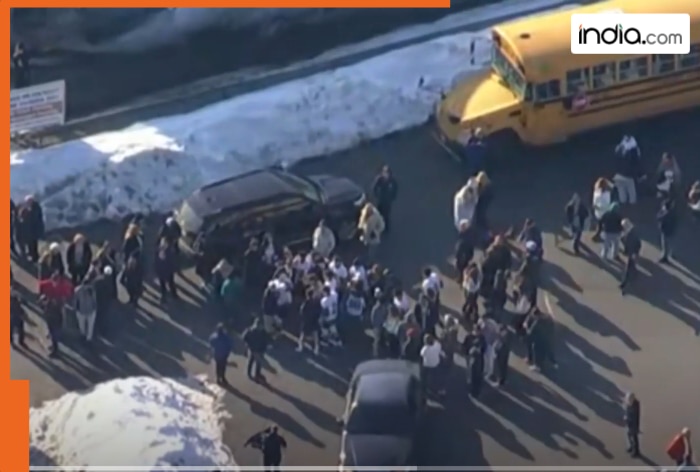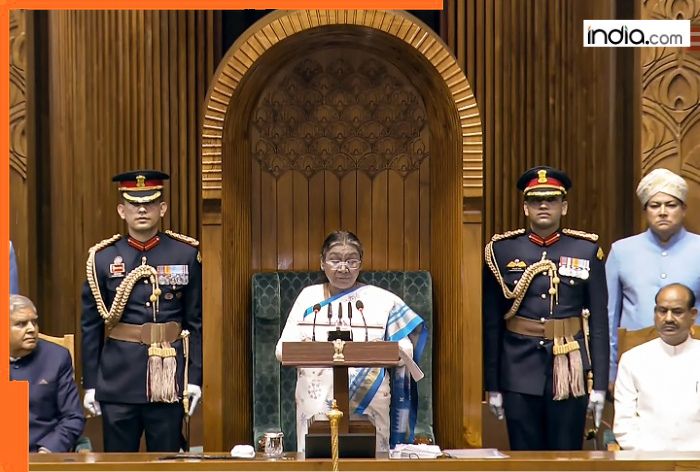Stray dogs debate: Why Mahatma Gandhi approved the killing of 60 dogs in 1926, reason was…
Why Mahatma Gandhi approved killing 60 dogs? In a significant development this week, the Supreme Court directed that stray dogs posing danger in Delhi be kept separately, a move welcomed by some for public safety but criticised by dog lovers and leaders like Rahul and Priyanka Gandhi as impractical. However, one example that is often […]

Why Mahatma Gandhi approved killing 60 dogs? In a significant development this week, the Supreme Court directed that stray dogs posing danger in Delhi be kept separately, a move welcomed by some for public safety but criticised by dog lovers and leaders like Rahul and Priyanka Gandhi as impractical. However, one example that is often given in the discussions during the debate on stray dogs is that of Mahatma Gandhi when he approved killing 60 rabid dogs at a mill.
Why Mahatma Gandhi approved killing of 60 dogs?
Mahatma Gandhi faced a similar issue in 1926 when he approved killing 60 rabid dogs in the mill of textile businessman Ambalal Sarabhai, explaining that while killing is a sin, in city life one may have to choose the “lesser sin” to prevent a greater harm.
SC orders permanent relocation of stray dogs from Delhi-NCR streets to shelters
Noting an “extremely grim” situation due to stray dog bites resulting in rabies, particularly among children, the Supreme Court directed Delhi-NCR authorities to permanently relocate all strays from streets to shelters “at the earliest”.
As per a report carried by PTI report, saying that dog shelters will have to be augmented over time, the apex court directed Delhi authorities to start with creating shelters of around 5,000 canines within six to eight weeks.
The PTI report also says that a bench of Justices J B Pardiwala and R Mahadevan passed a slew of directions and warned of strict action against an individual or organisation in case of obstruction, which might also prompt the court to initiate contempt proceedings.
“If any individual or any organisation comes in the way of such force picking up stray dogs and rounding them up, and if it is reported to us, we shall proceed to take strict action against any such resistance which may be offered,” the bench said.
(With inputs from agencies)
What's Your Reaction?





















































